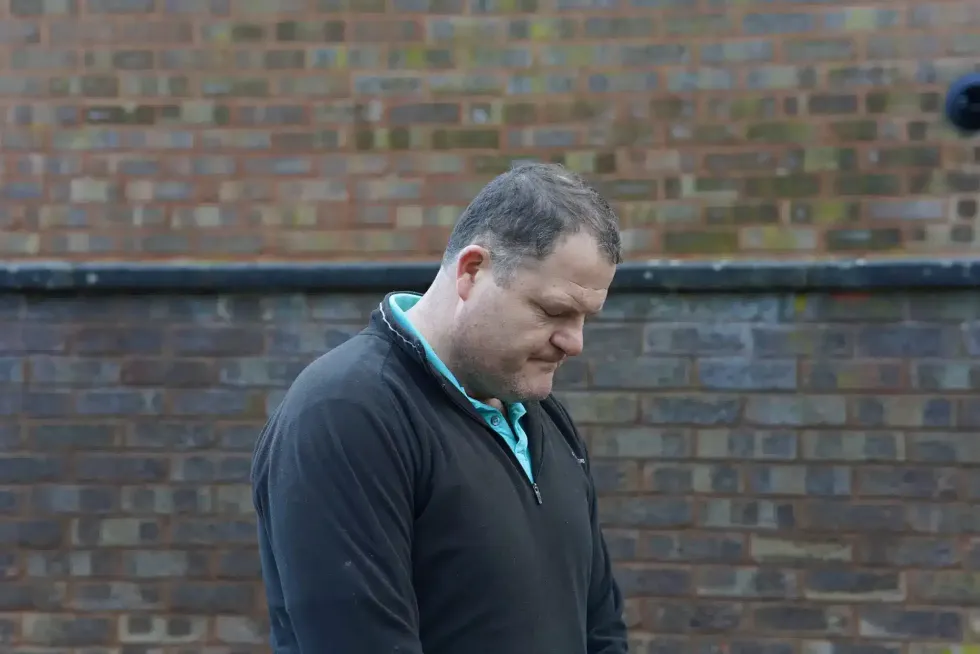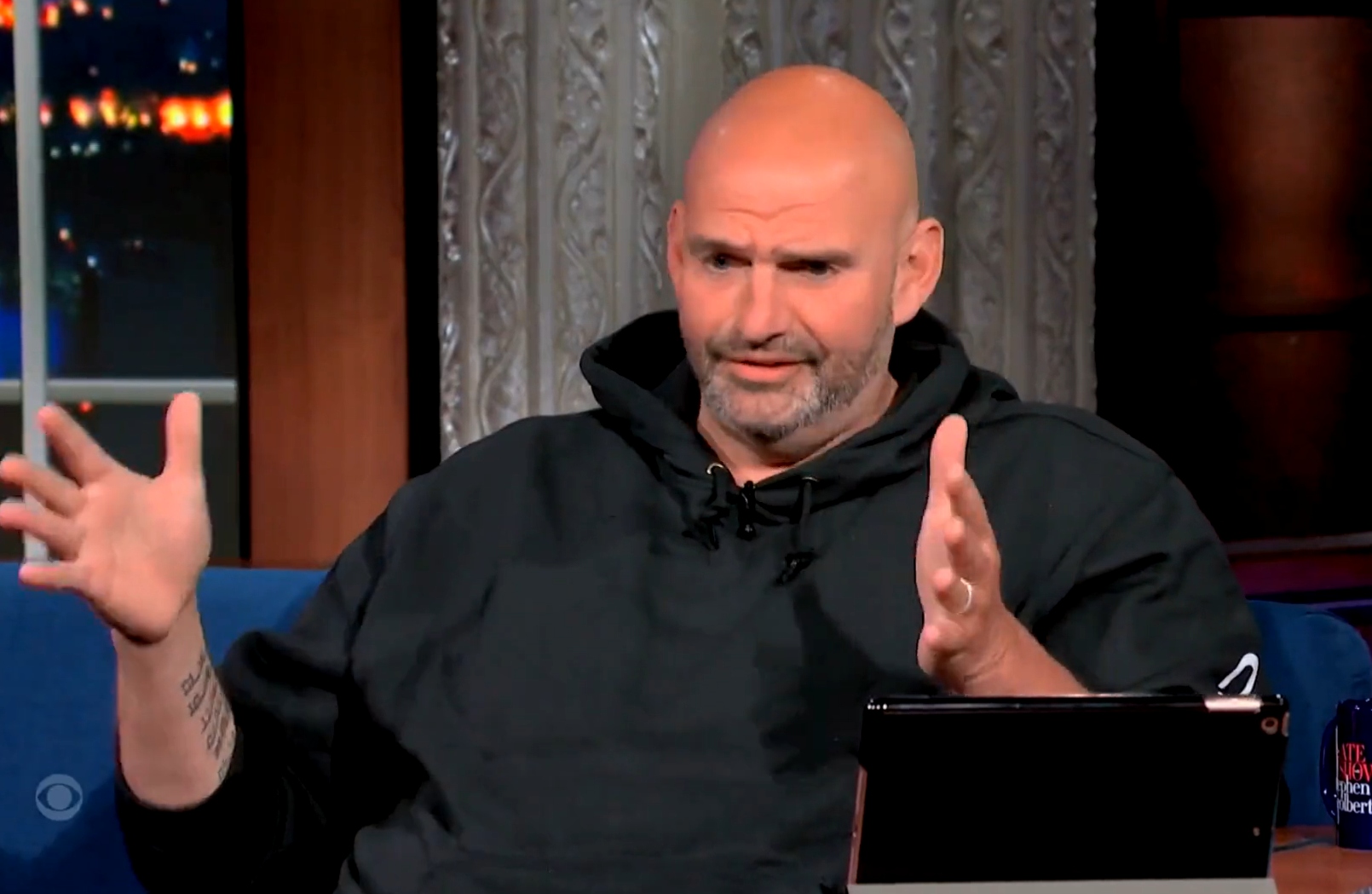‘This isn’t 1984, but 2024’: Court finds British Army veteran guilty over silent prayer for his dead son

British Army veteran Adam Smith-Connor of Southampton
traveled to the English county of Dorset in 2022 to silently pray near an abortion clinic for his son Jacob and “for other babies who have lost their lives to abortion, for their grieving families, and for abortion clinic staff.”
A pair of officers then accosted the grieving 51-year-old father and notified him that in his silence, he had breached a Public Spaces Protection Order. Bournemouth, Christchurch & Poole Council subsequently charged and slapped Smith-Connor with a hefty fine, which the veteran challenged.
Bournemouth Magistrates’ Court ultimately found Smith-Connor guilty on Wednesday, claiming his prayer amounted to “disapproval of abortion.”
The faith-based freedom advocacy group Alliance Defending Freedom International, which represented Smith-Connor,
indicated that Smith-Connor was sentenced to a conditional discharge and ordered to pay prosecution costs amounting to nearly $12,000.
The condition of his discharge is that he must refrain from similar behavior for the next two years. He will have a criminal record regardless.
‘Thoughtcrimes are now being prosecuted in the U.K.’
In response to the ruling, Smith-Connor said, “Today, the court has decided that certain thoughts — silent thoughts — can be illegal in the United Kingdom. That cannot be right. All I did was pray to God, in the privacy of my own mind — and yet I stand convicted as a criminal?”
“I served for 20 years in the army reserves, including a tour in Afghanistan, to protect the fundamental freedoms that this country is built upon,” continued Smith-Connor. “I continue that spirit of service as a health care professional and church volunteer. It troubles me greatly to see our freedoms eroded to the extent that thoughtcrimes are now being prosecuted in the U.K.”
Smith-Connor
said in an ADF International testimonial last year that “22 years ago, I drove an ex-girlfriend to a facility where I paid for her to have an abortion. Many years later, I came to realize what I had done, and it has been a source of great grief to me in my life.”
“I now pray for my son and to God for forgiveness,” added Smith-Connor.
Blaze News
previously reported that the penitent approached a British Pregnancy Advisor Service abattoir on Nov. 24, 2022, to pray for his son. He did so positioned behind a tree with his back turned to the clinic.
The BPAS is the top provider of abortions in the U.K. and
boasts on its website that one in three British women will “have an abortion by the time they are 45 years old.”
Standing nearby the BPAS clinic, Smith-Connor slightly bowed his head, clasped his hands, and prayed. This caught the attention of law enforcement.
Footage of the incident shows a male and female officer press the Christian father about his intentions.
‘I’m sorry for your loss. But ultimately, I have to go along with the guidelines.’
“What is the nature of my prayer? I’m praying for my son,” Smith-Connor tells the officers.
The female officer states that there is “a clause within the Public Space Protection Order around prayer and around disapproval around the activities at the clinic here.”
In areas where Public Spaces Protection Orders are in effect, the “Anti-Social Behaviour Crime and Policing Act” prohibits protest, “namely engaging in an act of approval/disapproval or attempted act of approval/disapproval, with respect to issues related to abortion services, by any means. This includes but is not limited to graphic, verbal or written means, prayer or counselling.”
Anyone found in violation will face “an unlimited fine.”
In the footage, Smith-Connor admits to the officers that he was indeed praying for his slaughtered son, and the officer replies, “I’m sorry for your loss. But ultimately, I have to go along with the guidelines of the Public Space Protection Order, to say that we are in the belief that therefore you are in breach of
clause 4a, which says about prayer, and also acts of disapproval around the activities at the clinic.”
GBNews presenter and former parliamentarian Miriam Cates said in a statement, “This isn’t 1984, but 2024 — nobody should be on trial for the mere thoughts they hold in their mind.”
“It’s outrageous that the local council are pouring taxpayer funding into prosecuting a thoughtcrime, at a time where resources are stretched thin,” continued Cates. “Buffer zone regulation are disproportionately wide, leaving innocent people vulnerable to prosecution merely for offering help, or simply holding their own beliefs.”
‘To offer a prayer silently in the depths of your heart cannot be an offense.’
“It is disgraceful that in Britain in 2024 someone can be put on trial for praying silently in his head,” said Edward Leigh, a member of Parliament and incumbent father of the House. “Unfortunately we have seen repeated cases of free speech under threat in the U.K. when it comes to the expression of Christian beliefs.”
Isabel Vaughan Spruce was
similarly charged with violating a PSPO near an abortion clinic in Kings Norton, Birmingham.
In January, a Christian singer was accosted in London for daring to sing gospel music “outside of church grounds.” The backlash over the incident ultimately prompted Metropolitan Police to
issue an apology.
“To offer a prayer silently in the depths of your heart cannot be an offense,” continued Leigh. “The government must clarify urgently that freedom of thought is protected as a basic human right.”
Britain is set to further curb speech rights around abortion clinics later this month.
Whereas there are presently five councils across the U.K. with censorship zones around abortion clinics — officially referred to as “buffer zones” around abortion clinics — the government is
imposing 492-foot censorship zones around every abortion clinic around the isles on Oct. 31. Inside these zones, it will be illegal “to do anything that intentionally or recklessly influences someone’s decision to use abortion services, obstructs them, or causes harassment or distress to someone using or working at these premises.”
Andrew Tettenborn, professor of law at Swansea Law School, noted in the Spectator (U.K.):
Smith-Connor’s case was in some ways unusual, since he actually admitted to the police officers that approached him that he was praying for his dead son. But what if it had been different? Many people, thus approached by officialdom in a public place and interrogated as to their private thoughts, would have an entirely creditable Englishman’s instinct to tell the official concerned in no uncertain terms to mind his own business. Would this protect them? Possibly. One fears not, though. The lack of an admission may make it more difficult to get a conviction, but might still allow an officer to arrest that person.
Like Blaze News? Bypass the censors, sign up for our newsletters, and get stories like this direct to your inbox. Sign up here!









